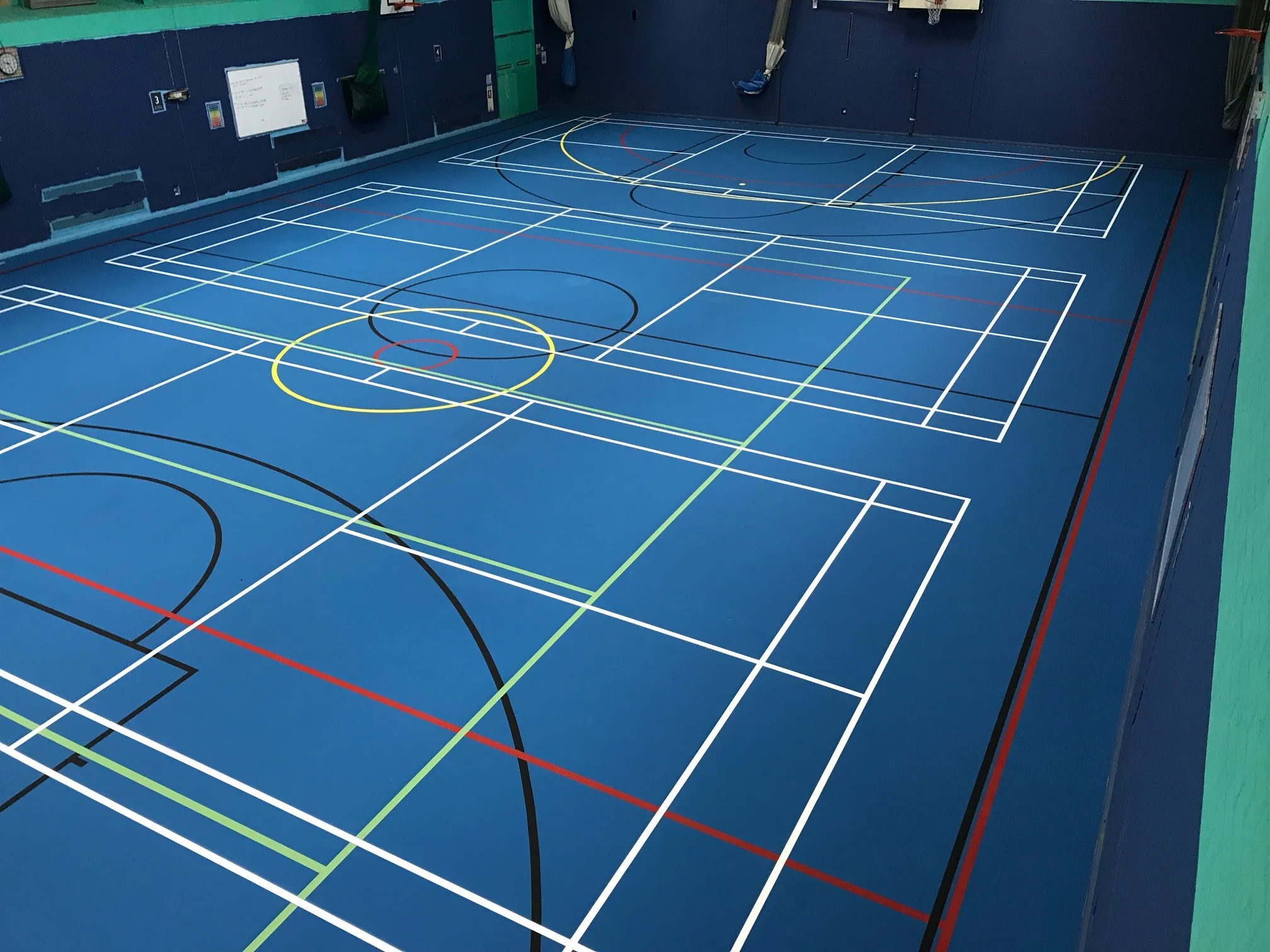A Guide to Different Types of Commercial Flooring Options Available
Understanding Commercial Flooring Types A Comprehensive Guide
When it comes to creating functional and aesthetically pleasing spaces in commercial environments, selecting the right flooring is crucial. The types of flooring available for commercial use vary widely, each offering unique benefits that cater to different needs and preferences. In this article, we’ll explore the most popular commercial flooring types, helping you make an informed decision for your business space.
1. Vinyl Flooring
Vinyl flooring is one of the most versatile and widely used options in commercial settings. It’s available in various styles, colors, and textures, allowing businesses to easily match their branding and interior design. Aside from its aesthetic appeal, vinyl flooring is known for its durability and resilience against heavy foot traffic. It’s also water-resistant, making it an excellent choice for areas prone to spills or moisture, such as restaurants and healthcare facilities.
2. Carpet Tiles
Carpet tiles are a popular choice for offices and retail environments. They combine the comfort and warmth of traditional carpet with the practicality of easy installation and maintenance. Carpet tiles can be replaced individually in case of stains or damage, making them a cost-effective option over time. Available in a wide range of colors and patterns, they also allow for creative design flexibility but require regular cleaning to maintain their appearance.
3. Laminate Flooring
Laminate flooring is a cost-effective alternative to hardwood, offering a similar aesthetic without the high maintenance. It’s made from composite wood materials and coated with a durable, protective layer that stands up to scratches and dents. This type of flooring is ideal for commercial spaces like retail outlets and offices where a polished look is desired but budget constraints exist. Additionally, laminate is easier to install than many other flooring types.
commercial flooring types

4. Tile Flooring
Ceramic and porcelain tiles are commonly used in commercial applications due to their durability and ease of maintenance. They are resistant to water, stains, and fire, making them suitable for a variety of environments, including hospitals, schools, and restaurants. Tile flooring can also withstand heavy foot traffic, and the wide array of designs allows businesses to create unique spaces. However, it can be cold and hard underfoot, which might be a consideration for areas requiring comfort.
5. Rubber Flooring
Rubber flooring is often found in gyms, schools, and recreational facilities because of its outstanding shock absorption and slip-resistant characteristics. This flooring type is highly durable and resistant to damage from heavy equipment and fluctuating temperatures. Easy to clean and maintain, rubber flooring is an excellent option for spaces where safety is a priority.
6. Luxury Vinyl Tile (LVT)
Luxury Vinyl Tile (LVT) is an upscale version of traditional vinyl flooring that provides an enhanced aesthetic appeal by mimicking the look of natural materials, like wood or stone. LVT is incredibly durable, waterproof, and easy to clean, making it suitable for high-end retail spaces, hotels, and restaurants. It combines the beauty of natural materials with the resilience needed for commercial settings.
Conclusion
Choosing the right flooring for your commercial space involves considering factors such as aesthetics, durability, maintenance, and budget. Each type of flooring has its own set of advantages, catering to different requirements. Whether you lean towards the luxurious look of LVT, the comforting warmth of carpet tiles, or the practical durability of vinyl, there are many options available to create a functional and stylish environment for your business. Always consider consulting with a flooring specialist to ensure you select the best type for your specific needs and conditions.
-
SPC FlooringJun.24,2025
-
Bathroom Wall CoveringsJun.24,2025
-
Why Dry Back LVT Flooring Is the Smart Choice for Modern InteriorsJun.05,2025
-
Transform Your Interiors with Elegant Luxury Vinyl Flooring OptionsJun.05,2025
-
The Rise of SPC Vinyl Flooring: A Modern Solution for Durable and Stylish SpacesJun.05,2025
-
Click LVT Flooring: The Perfect Blend of Style, Strength, and SimplicityJun.05,2025




